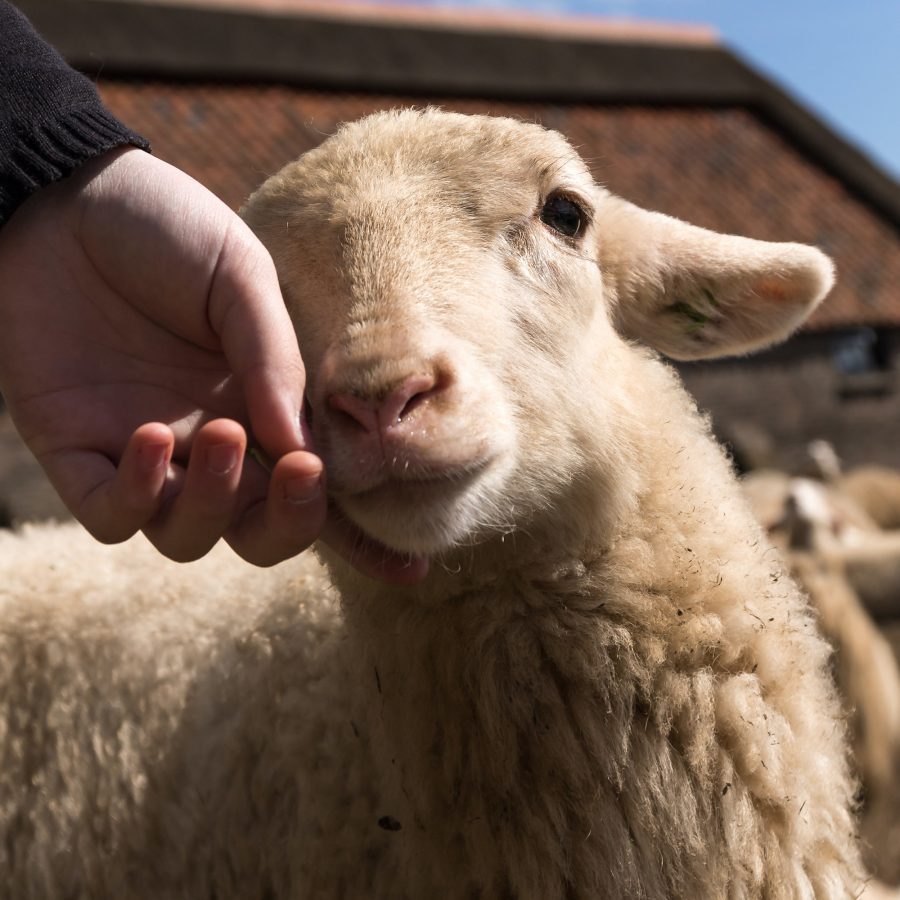At this time in our history, humanity is facing a defining choice — to walk the same path as generations before us, or consciously create the world that we want to see — a world founded on kindness, care, respect and compassion.
If not us, then who? If not now, then when?
This image contains content which some may find confronting
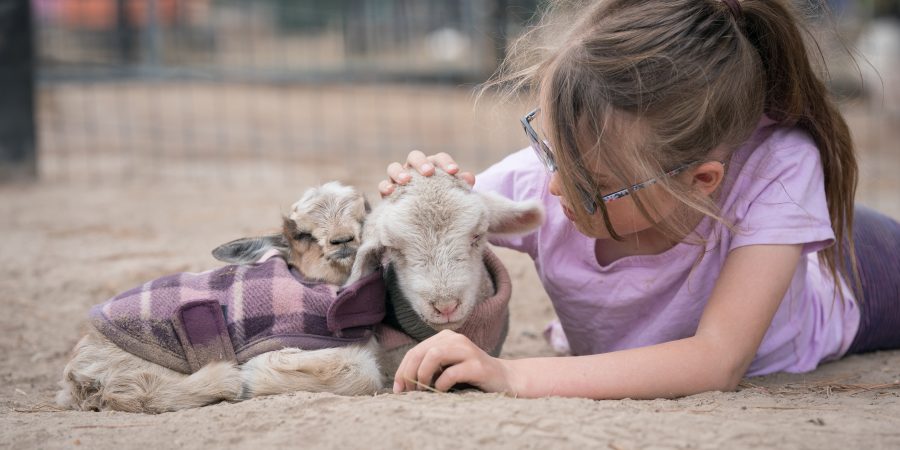
It’s time to free our thinking.
Imagine if you were forced to wear clothes chosen by your mum … for your entire life! Or if you had inherited your career path? What about your taste in music, movies and books? Your political views? Not sounding likely?
Personal choice helps define us. It empowers us to live our values. So it may come as a surprise to realise that there are some simple choices with profound consequences that most of us inherit without noticing. These are the same choices our parents unwittingly inherited from their parents — who inherited them from theirs …
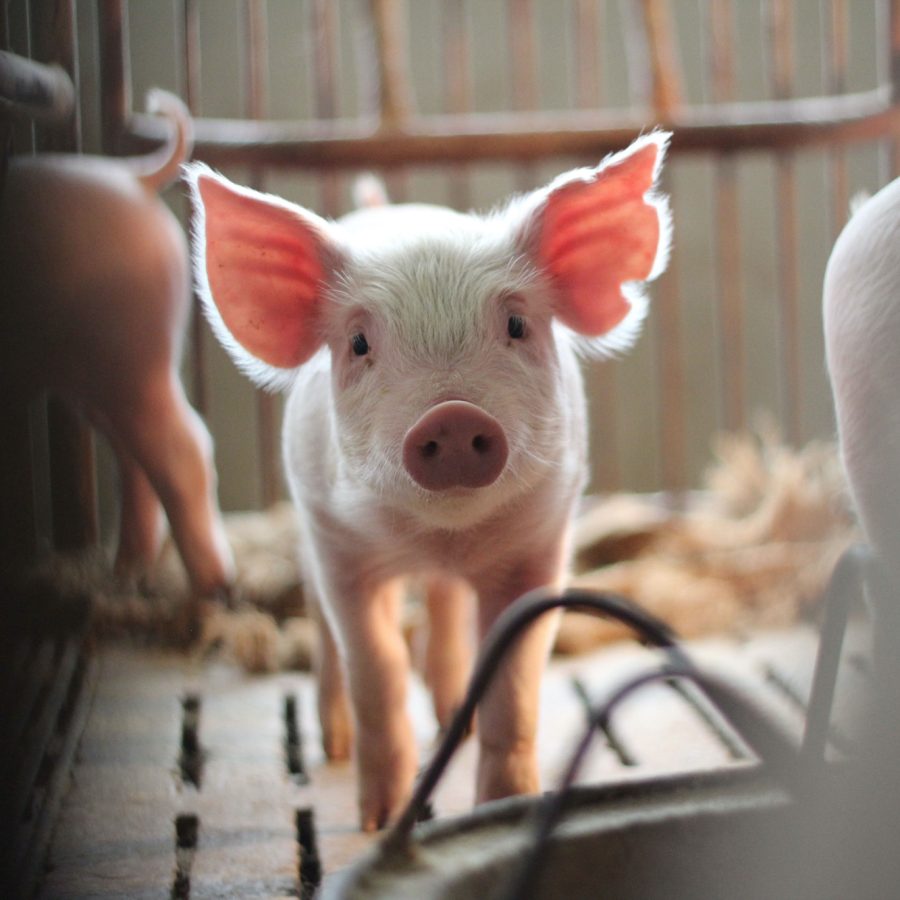
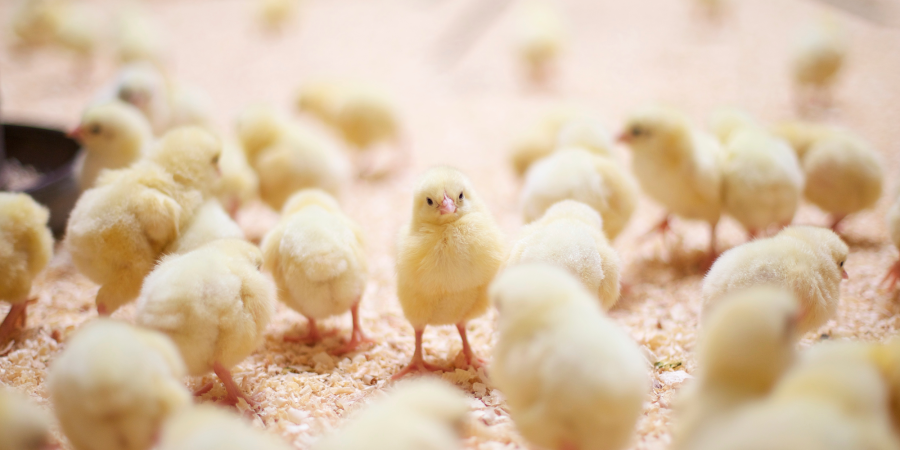
Eating animals is not something most of us ever consciously chose to do. But for most people it’s an unquestioned norm. Animal industries have taken advantage of this invisible contract — so much so that industrialised animal abuse hidden away in factory farms and slaughterhouses has become the single greatest cause of animal cruelty today. Yet no one asked our permission. We weren’t even told there was a choice to be made.
Every day, more and more people are questioning this situation and exploring a new way of thinking, and heart-based living. And it’s never too late to make a difference.
You’re about to discover how to take back your power to make truly informed, conscious and kinder choices that are not only in line with your own values but that have the potential to transform our world.
Eating with compassion.
The humble act of grocery shopping is our most powerful opportunity to help animals. Every time you shop, there are some important things to consider:
- There is no such thing as ‘humane’ slaughter. Every one of the 70 billion + animals killed for food globally each year will have suffered during the process and experienced fear and pain in their final moments.
- Most of these animals will have been factory farmed – subjected to surgical procedures without any pain relief and denied all quality of life.
- Fish feel pain too and are among the most heavily exploited on our planet. Fish farming, over-fishing, plastics and pollution from land-based animal agriculture are threatening marine ecosystems and all sea creatures whose life depends on them.
- Think twice about eggs. Avoiding cage eggs is crucial to spare hens in battery cages, but laying hens in all production systems are killed years before their natural life expectancy. And only female chicks can produce eggs, so millions of unwanted male chicks are gassed or ground up alive each year.
- Reconsider milk and dairy. Hundreds of thousands of unwanted dairy calves are slaughtered each year at only a few days old as ‘waste products’ of the dairy industry. That’s because their mums – like all mammals – only lactate after giving birth. So dairy cows are impregnated each year, and their newborn calves are taken, so milk can be harvested for human consumption.
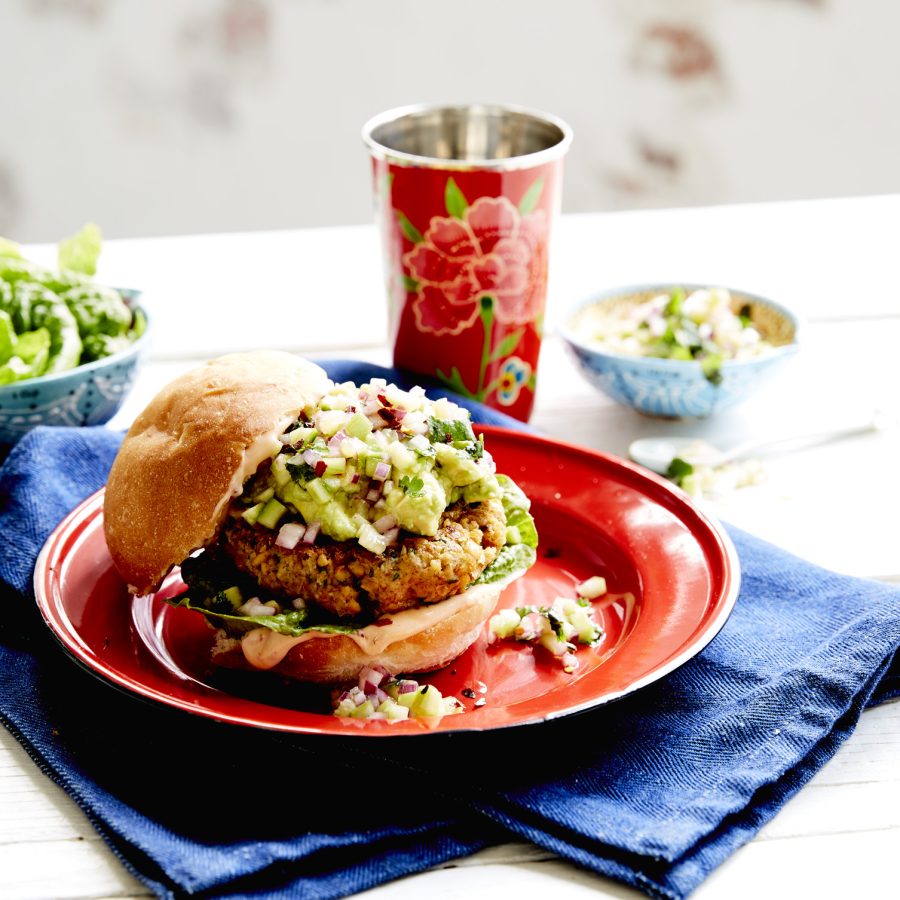
Enjoying plant-based foods is easier than ever!
- Plant-based milks, cheeses, meats and more! Shopping for plant-based products has never been easier with a huge and ever-expanding range available at most major supermarkets.
- Expand your culinary horizons by cooking up some delicious plant-rich recipes.
- Every single meal makes a difference. Whether you choose to be meat-free for a week, a month, or a lifetime — you have the power to be a force for kindness and fairness in the world. Get your FREE Vegetarian Starter Kit full of easy recipes, tips and meal plans.
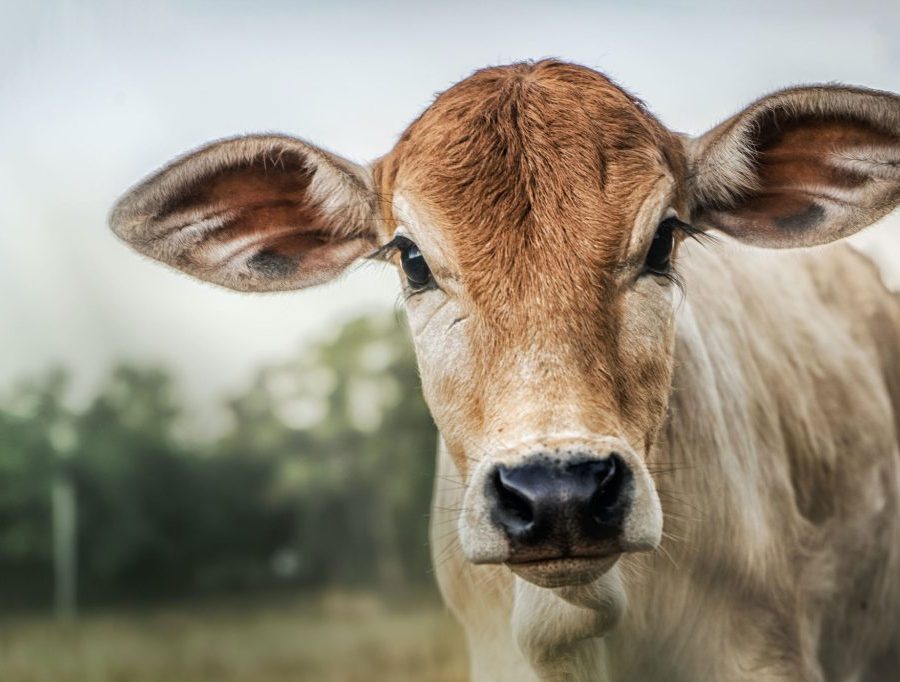
What to wear.
Wear your heart on your sleeve by choosing clothes and fashion accessories that are free from animal skins, furs and feathers.
- Animals raised for food and then killed are often stripped of their skins to make leather. Even unborn calves (called ‘slinks’) are taken from their dead mothers and skinned to make bags, boots, clothing and household accessories.
- The skins of many animal species are used for leather products including cows, lambs, crocodiles, dairy calves and kangaroos. The production of leather is highly toxic which makes leather not only a cruel co-product of the meat industry but bad for the environment too.
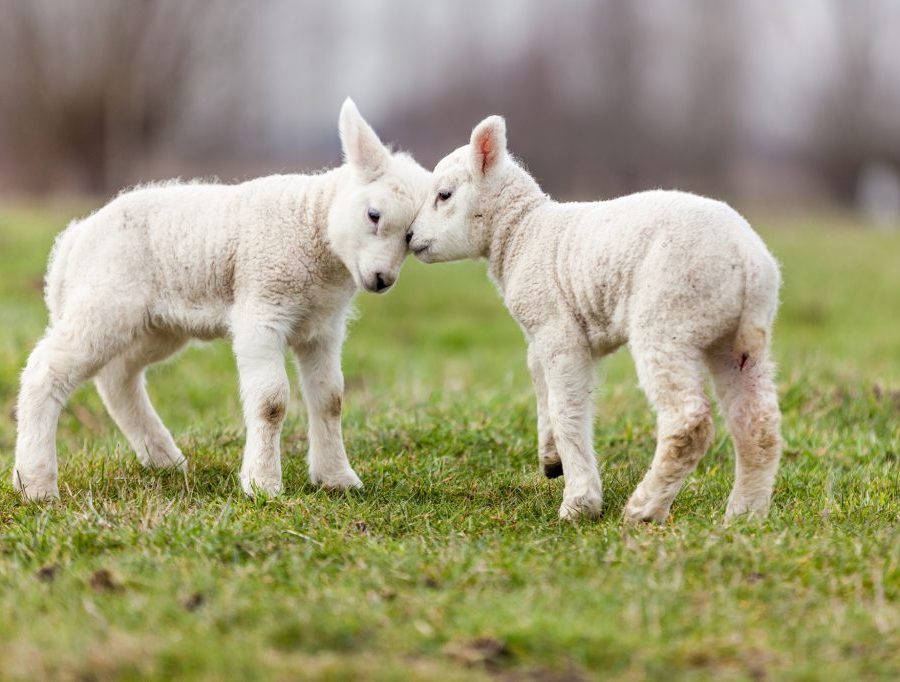
- Sheep farmed for their wool can be subjected to painful surgical procedures without pain relief.
- Duck, geese and ostrich feathers are plucked – often while the animals are still alive – to fill down jackets and cushions.
- Fur-bearing animals like chinchillas, mink, rabbits and foxes are often factory farmed for their pelts then killed by electrocution or gassing.
These days there are countless kind and sustainable synthetic and plant-based alternatives to animal fibres. From luxury materials to fill your puffer jackets and keep you warm to natural fabrics and ‘faux leathers’ that are kinder to animals and the planet.
The team at Collective Fashion Justice have compiled a great list of the fibre, fabric and ‘leather’ innovations underpinning a kinder fashion future.
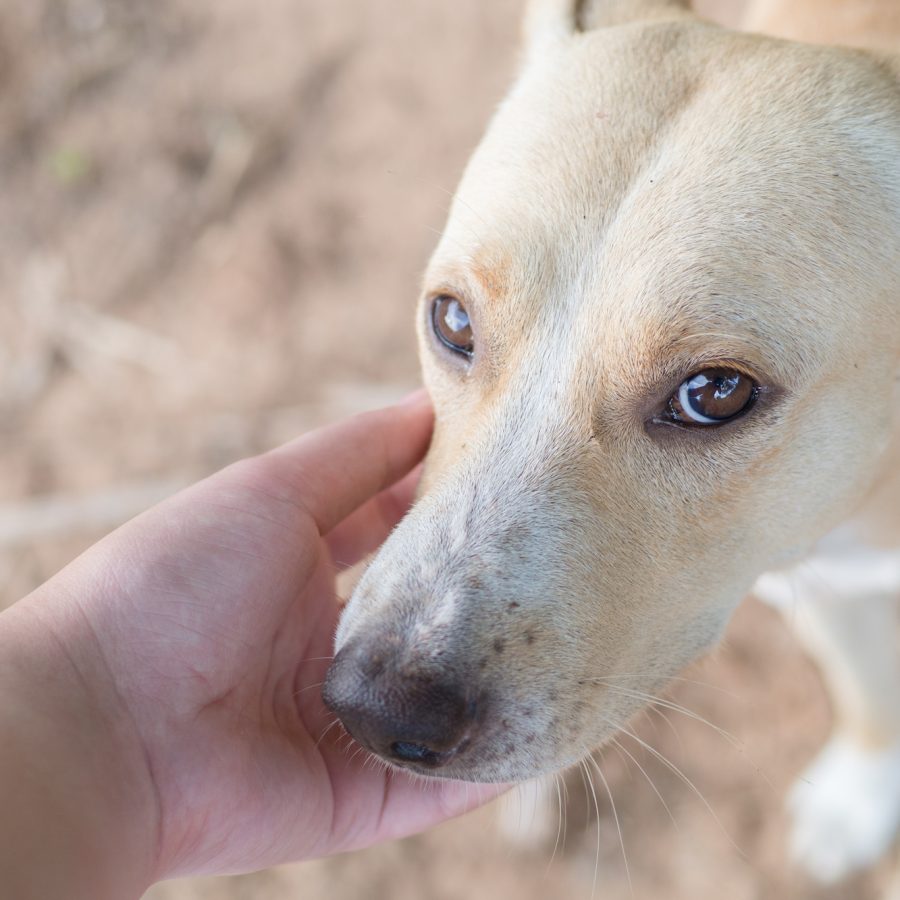
Companion animals.
Bringing an animal into your family can be one of the most exciting and rewarding life experiences. But it’s a big decision with a few important things to consider.
- Adopt, don’t shop. Hundreds of thousands of healthy but homeless cats, dogs and other companion animals are killed each year simply because there aren’t enough homes for them. You can save a life by rescuing an animal from your local animal shelter or pound rather than buying one from a pet store.
- Like all factory farms, puppy factories treat dogs (and cats) like breeding machines and deprive them of everything that makes life worth living. Help end puppy factory cruelty by never buying an animal online or from a pet shop.
- Have your companion animal desexed. This important procedure will save many lives by reducing the number of unwanted dogs and cats being born.
- If you’d love to welcome a four-legged friend into your family, but can’t make a lifetime commitment, foster caring for a rescue group could be a win-win solution.
Travelling kindly
Celebrate culture, not cruelty, when exploring other countries. A few simple tips will help you see the world the kind way.
- View wild animals where they belong — in the wild. Zoos often cannot meet even the most basic needs of animals, particularly exotic wildlife. Some are simply ‘displayed’ in barren cages, their captivity funded by unwitting tourists who pay to see ‘wild animals’. Avoid going to marine parks that display dolphins and/or whales — as the needs of these animals simply cannot be met in captivity, and they suffer greatly for the sake of ‘entertainment’. Check out these amazing places to see animals in the wild instead.
- Ride bikes, not elephants. There is often hidden cruelty behind elephant rides. These lucrative businesses can subject sensitive and intelligent animals to cruel training practices, long working hours, confinement, chains and stress. Because of animal welfare concerns, STA Travel, Intrepid Travel, and most recently Tempo Holidays have all ceased tours involving elephant rides.
- Don’t pay for photos with wild animals. Paying a few dollars for a cuddle and a photo with that baby tiger or monkey may prove difficult to resist — but often, animals used for these purposes are taken from the wild, and their mothers killed. Wild animals aren’t born to perform or to pose for photos — and can be chained up when not ‘working’, have their teeth removed, be drugged, and trained cruelly to make them compliant. These ‘picture perfect’ animals can lead far from perfect lives.
- Memories make the best souvenirs. Never purchase souvenirs made from animals — such as ivory, fur, turtle shell products, or animal skins/pelts. Not only may they have come from an endangered animal (and could land you in some serious trouble at border control!), but they have often resulted in the animal’s suffering or death.
- Visit an animal sanctuary. There is good and bad everywhere you go, so why not focus on the good and do what you can to help? There are animal sanctuaries and welfare organisations around the world — many that run volunteer programs — why not see if you can get in touch to arrange a visit while you’re in the area? Not only can you gain a better understanding of local animal protection issues, but you might find an opportunity to engage with animals in a way that benefits them (and you too!)
This image contains content which some may find confronting
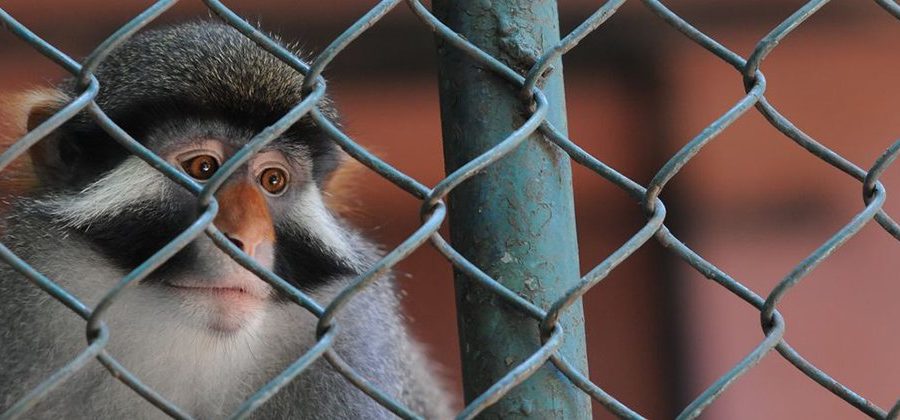
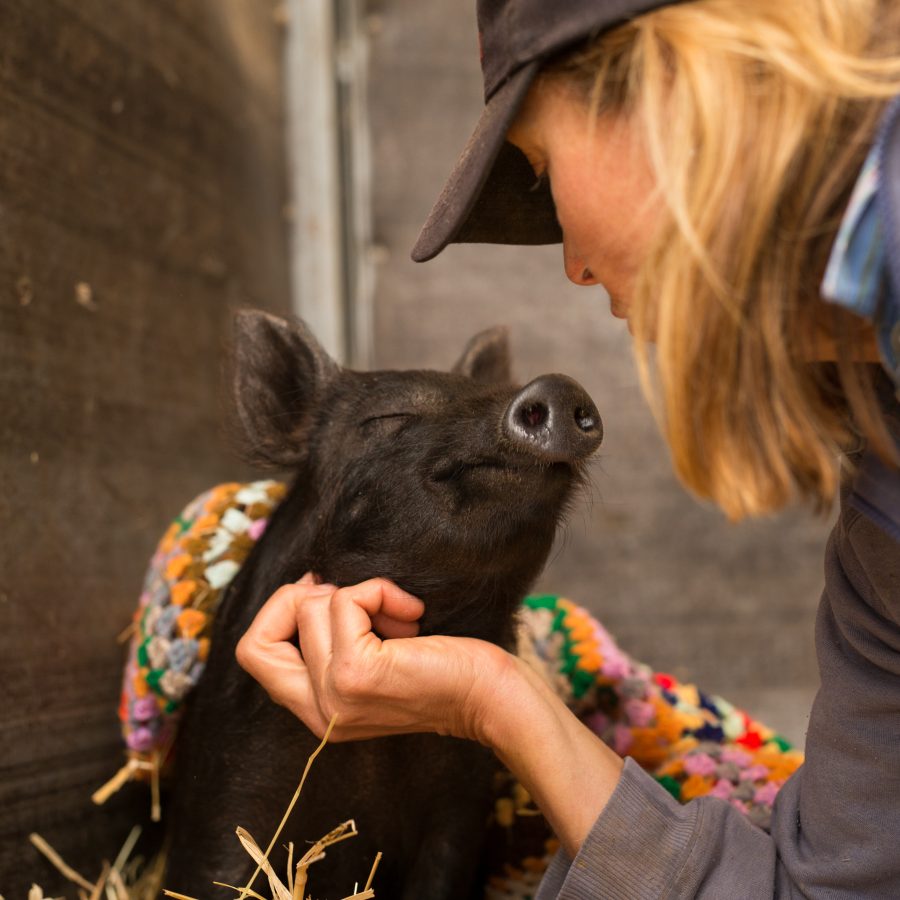
Celebrate kindness.
The science is in: kindness is contagious. And like a ripple in a pond, the witnessing of a kind act no matter how big or small can cascade across people and take on new forms along the way. That makes each and every one of us a powerful force for change.
Every time you make a kinder choice or be a model of compassion in action, you are lighting the way for others to do the same. You become a living, breathing example of what’s possible when we let our hearts guide our choices: not only a kinder world for animals, but for all of us.
Be the change you wish to see in the world


